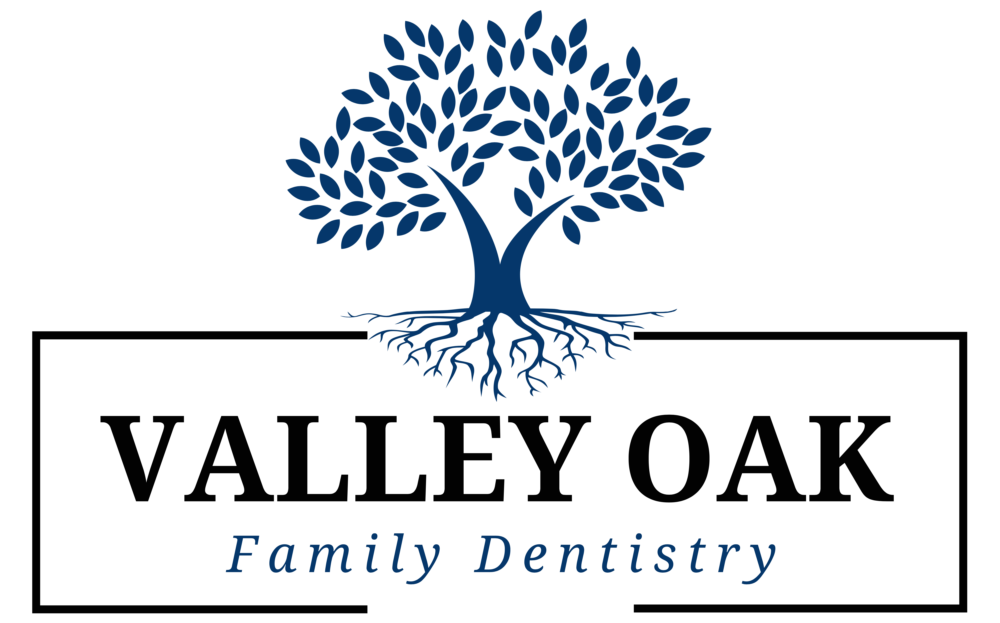Dental Exams
Dental exams give us the opportunity to evaluate your current methods of dental care and provide suggestions for future care in order to protect you from complications such as cavities and gum disease. They also allow us to detect problems early so they can be fixed quickly and easily.
Dental exams should generally take place every six months. However, consult with our team to decide how often you should be examined, for we may suggest that you visit more frequently based on factors such as smoking, frequency of cavities and genetic susceptibility to tooth and root decay as well as gum disease.
At a typical dental exam, our team will thoroughly clean your teeth, removing any surface stains or deposits, called tartar or calculus, that are more difficult to remove than plaque and require the assistance of professional dental instruments. We will also check for signs of decay or gum disease. An X-ray may be performed to provide a more detailed summary of your oral health and to more closely identify any problems. We will ask you questions about your current methods of dental care, such as how often you brush your teeth, and floss, as well as whether you use a toothpaste with fluoride. With this information in mind, we will demonstrate proper dental care and provide suggestions on how to improve your habits to promote optimal oral health.
Professional Dental Cleaning
A dental prophylaxis is a cleaning treatment performed to thoroughly clean the teeth and gums. Dental prophylaxis is an important dental treatment for stopping the progression of gingivitis and periodontal disease.
Dental prophylaxis is an effective procedure in keeping the oral cavity in proper health and halting the progression of gum disease. The benefits of professional teeth cleaning include:
- Plaque removal. Tartar (also referred to as calculus) and plaque buildup, both above and below the gum line, can result in serious periodontal problems. Unfortunately, even with a proper home brushing and flossing routine, it can be impossible to remove all debris, bacteria and deposits from gum pockets. The experienced eye of a dentist or hygienist using specialized dental equipment is necessary to catch potentially damaging buildup.
- A healthier looking smile. Stained and yellowed teeth can dramatically decrease the esthetics of a smile. Prophylaxis is an effective treatment in ridding the teeth of these unsightly stains.
- Fresher breath. Bad breath (or halitosis) is generally indicative of advancing periodontal disease. A combination of rotting food particles (possibly below the gum line) and potential gangrene stemming from gum infection, results in bad breath. The routine removal of plaque, calculus and bacteria at our facility can noticeably improve halitosis and reduce infection.
Professional dental cleaning can be performed at our office. We recommend that prophylaxis be performed twice annually as a preventative measure, but should be completed every 3-4 months for periodontitis sufferers. It should be noted that gum disease cannot be completely reversed, but dental prophylaxis is one of the tools Dr. Dahiya and Dr. Selmeczy can use to effectively halt its progression.

